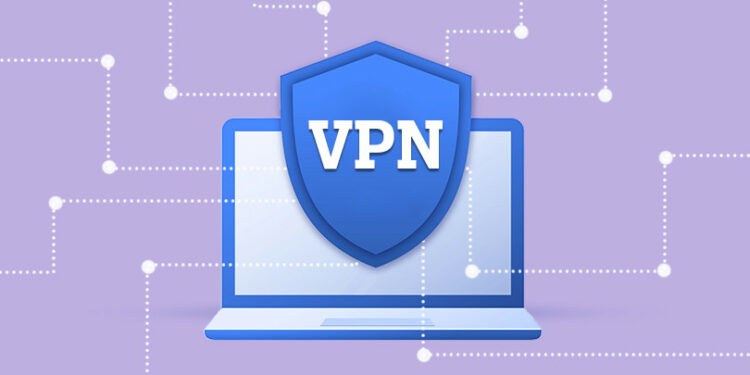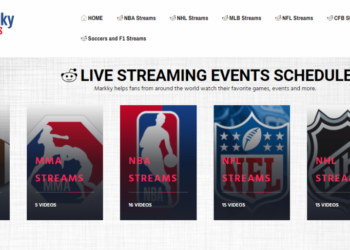VPN, also known as the virtual private network is used for making you appearing anonymous when you are surfing the web. The encryption is achieved by rerouting the network traffic of your PC through a secure tunnel. There are many types of VPN for different needs and it is important to choose the right one that fits your goal. The following are 9 tips on choosing the best VPN service.
1. Determine the Reason for Buying the VPN
First, you need to ask yourself why you want to buy a VPN. Router-based VPN is best for people who want to provide a VPN for the whole household. You need a high-speed VPN if you want to stream movies continuously online. Travelers should choose a VPN with high-quality security like VPN by AdGuard. The VPN should also have many server locations around the world so that you can surf the web without any lagging no matter which part of the world you travel to. After determining the reason, you can write down the types of features you would like to see in your VPN service.
2. VPN Package Must Have the Features You Need
Every VPN package will put priority on a specific feature. One VPN package could emphasize encryption while the other could emphasize unlimited bandwidth. If your goal is to watch streamed content in limited access regions, you should find a VPN that has a reputation for that. Many VPN services have failed to pass through streaming services like Netflix so make sure you read reviews before signing up. Get more details at https://chrome.google.com/webstore/detail/adguard-vpn-%E2%80%94-privacy-sec/hhdobjgopfphlmjbmnpglhfcgppchgje?hl=en.
3. Allows Connection to Multiple Devices
The VPN plan you choose must allow you to connect to the number of devices that you want to connect. Most people own more than one device. Not only do they use their computer and laptop but they also use their smartphone and tablet to surf the web. VPN that is set up to run on mobile devices will allow you to connect to a public WIFI network securely. It takes proper router configuration for all devices to be connected to the VPN.
4. Have User-Friendly Interface
The VPN should have a user-friendly interface that allows you to easily configure it. To use a VPN, you need to first install it. The VPN needs to be installed no matter if you are using a laptop, smartphone, or gaming console. From the moment you use the VPN, you should have an immediate feeling that it has an interface that is user-friendly and does not overwhelm you with too many complicated features. You can download free trials to find out whether the VPN has a friendly interface.
5. Support Multiple Server Locations
The number of server locations can have an important role when you are choosing a VPN. You should select a VPN with many server locations if you live in a developing country and want to be able to access services in modern countries like the USA. Some countries like China, Germany, and Russia put restrictions on internet use so you won’t be able to access the sites you want to go to on your visit.
6. Have a No Logging Policy
When you buy a VPN, you need to pay attention to the logging policy. Ideally, you should choose a VPN that has a strict no-logging policy. Your VPN provider is keeping track of your internet activities since all your traffic has been routed to their server. They know all the passwords you use for different sites. They know what sites you visit and what you do there. It is recommended that you choose a VPN that does not log your information. A good VPN will also not be asking for your personal information when you are creating an account.
7. Headquartered in a Privacy-Friendly Jurisdiction
You want to choose a VPN that has a headquarter in a privacy-friendly jurisdiction. Many VPNs are headquartered in obscure jurisdictions like Panama, and the British Virgin Islands. It will not be ideal if the VPN is headquartered in the USA because there is not a lot of privacy in the USA. The USA can pass laws to exercise regulations on the use of VPN.
8. Use the Latest Security Standards
The VPN should be using the latest security standards in the encryption protocol. This can prevent the sensitive information of the users to become exposed during the use of VPN. The Port Fail flaw caused many users’ IP addresses to become exposed in 2015. A good VPN will constantly release new patches to fix these kinds of issues. They will provide features like DNS leak protection and AES 256 encryption to protect your data.
9. Provide a Kill Switch
The VPN should provide a kill switch to stop your connection if the server drop. In this way, you can avoid keep browsing and expose your real IP address. This can make a lot of difference when you are using a service that is not available to your region. If you promptly stop the connection with the kill switch, the moderator will not be able to know your IP address.






